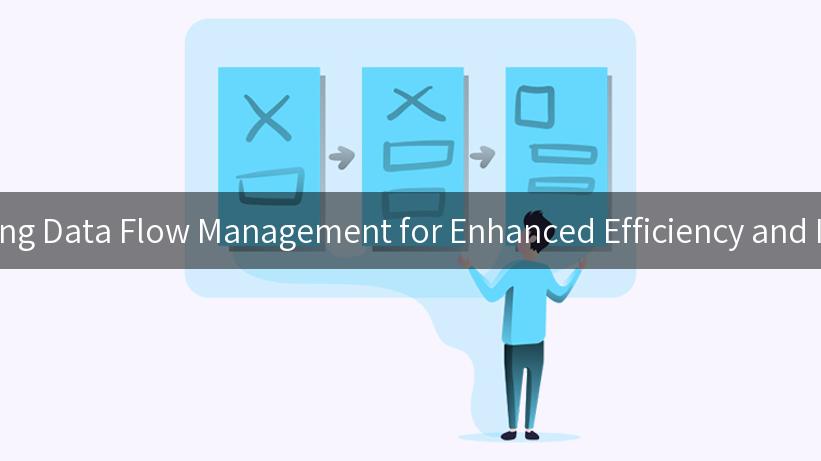
Introduction
In today's fast-paced digital landscape, data flow management has emerged as a critical component for organizations striving to maintain efficiency and competitive advantage. As businesses generate and process vast amounts of data daily, they often encounter common challenges such as data silos, inconsistent data quality, and inefficient data processing methods. The importance of effective data flow management cannot be overstated; it ensures that data is seamlessly integrated, accessible, and actionable across various departments, ultimately driving better decision-making and operational efficiency.
Understanding Data Flow Management
Data flow management refers to the systematic approach of overseeing the movement of data within an organization. This involves tracking how data is collected, processed, stored, and disseminated. By establishing clear protocols and utilizing advanced technologies, organizations can optimize their data workflows, ensuring that the right data reaches the right people at the right time. In essence, data flow management acts as the backbone of an organization's data strategy, facilitating collaboration and enhancing overall productivity.
The Importance of Effective Data Flow Management
The significance of effective data flow management lies in its ability to transform raw data into valuable insights. When data is managed efficiently, organizations can harness its potential to drive innovation, improve customer experiences, and streamline operations. Moreover, effective data flow management minimizes the risk of errors and redundancies, leading to improved data quality and reliability. As organizations continue to embrace digital transformation, the role of data flow management becomes increasingly vital in supporting data-driven decision-making and fostering a culture of agility and responsiveness.
Leveraging AI Technology for Data Flow Management
Artificial Intelligence (AI) technology has revolutionized data flow management by introducing automation and predictive analytics. By employing AI algorithms, organizations can analyze vast datasets in real-time, uncovering patterns and trends that would be impossible to detect manually. Furthermore, AI can help automate repetitive tasks, such as data entry and validation, freeing up valuable human resources for more strategic initiatives. The integration of AI into data flow management not only enhances efficiency but also empowers organizations to make informed decisions based on accurate, up-to-date data insights.
Conclusion
In conclusion, data flow management is an essential aspect of modern business operations. By understanding its definition, recognizing its importance, and leveraging AI technology, organizations can optimize their data workflows and unlock the full potential of their data assets. As we move forward in an increasingly data-driven world, prioritizing data flow management will be crucial for organizations aiming to stay ahead of the competition.
Frequently Asked Questions
1. What are the main components of data flow management?
The main components include data collection, processing, storage, and dissemination, which together ensure that data is effectively managed throughout its lifecycle.
2. How does poor data flow management affect organizations?
Poor data flow management can lead to data silos, inaccuracies, inefficiencies, and ultimately hinder decision-making and operational performance.
3. Can small businesses benefit from data flow management?
Absolutely! Small businesses can enhance their efficiency and decision-making capabilities by implementing effective data flow management practices.
4. What role does AI play in data flow management?
AI plays a crucial role by automating processes, analyzing large datasets for insights, and improving overall data accuracy and efficiency.
5. How can organizations get started with data flow management?
Organizations can start by assessing their current data processes, identifying pain points, and exploring tools and technologies that can streamline their data flow management efforts.
Article Editor: Xiao Yi, from Jiasou AIGC